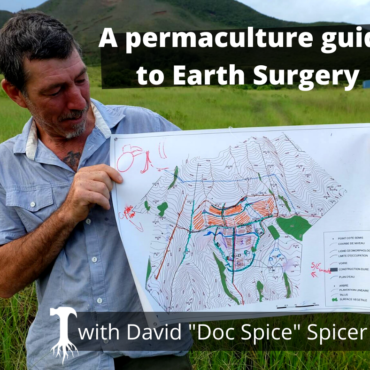
A Permaculture guide to Earth Surgery, with David “Doc Spice” Spicer
Tying in perfectly with last week’s interview with Zach Weiss about building ponds and water harvesting features, I spoke with David Spicer, affectionately known as Doc Spice, an accomplished permaculture […]

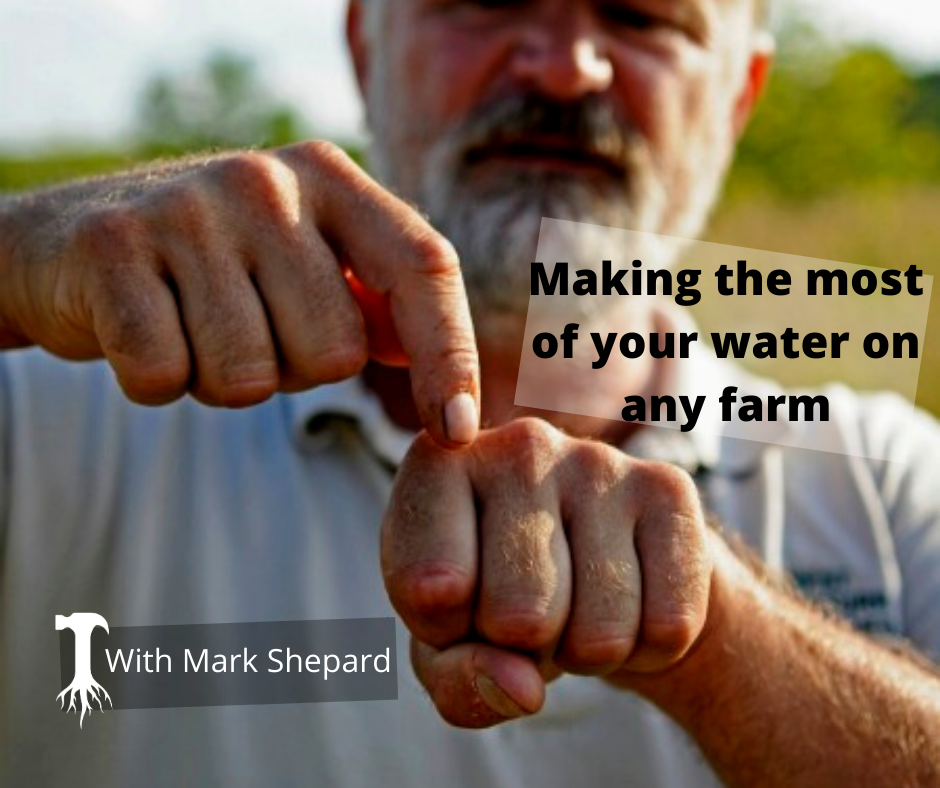
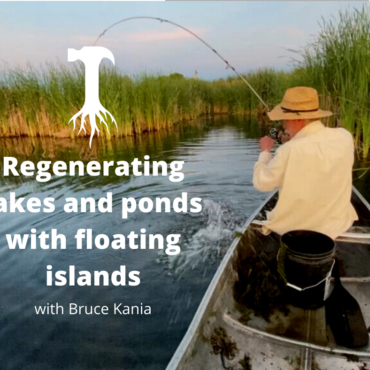
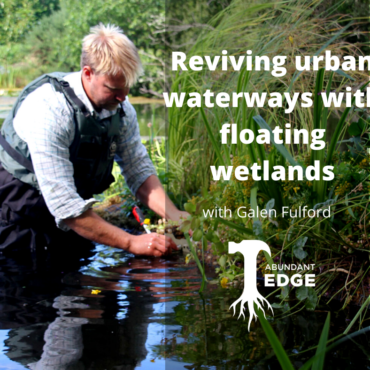
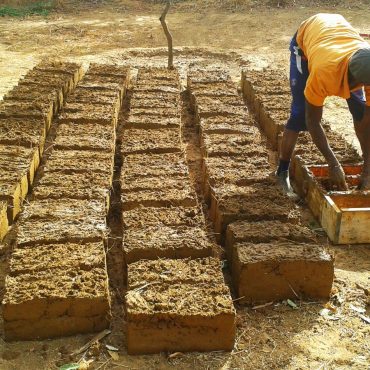
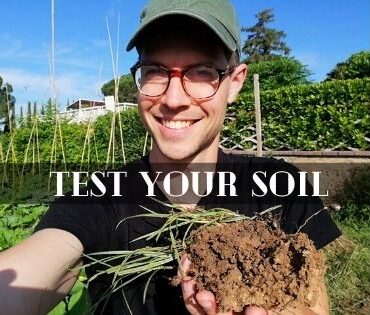
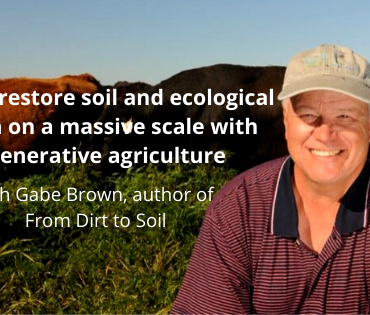
Post comments
This post currently has no comments.